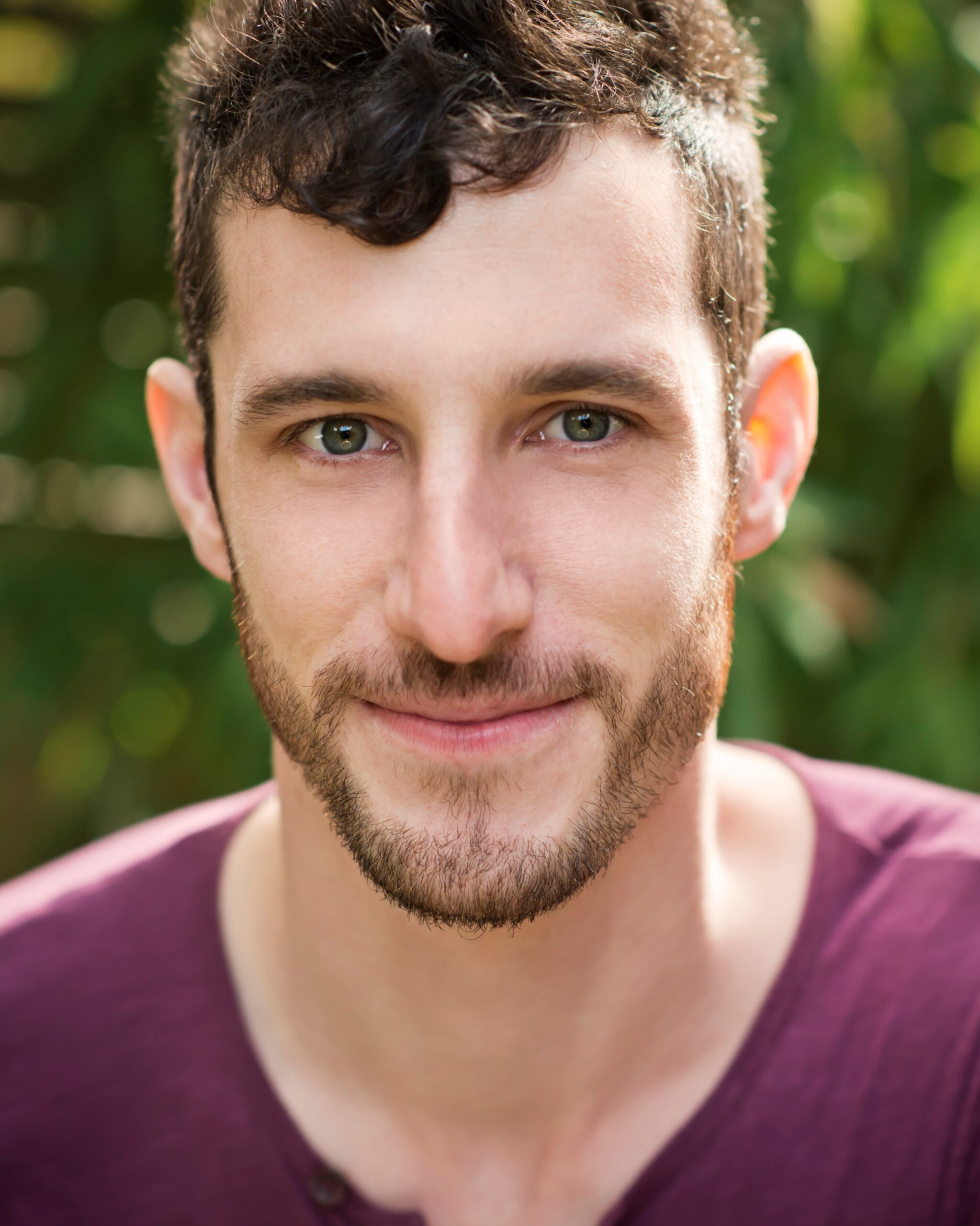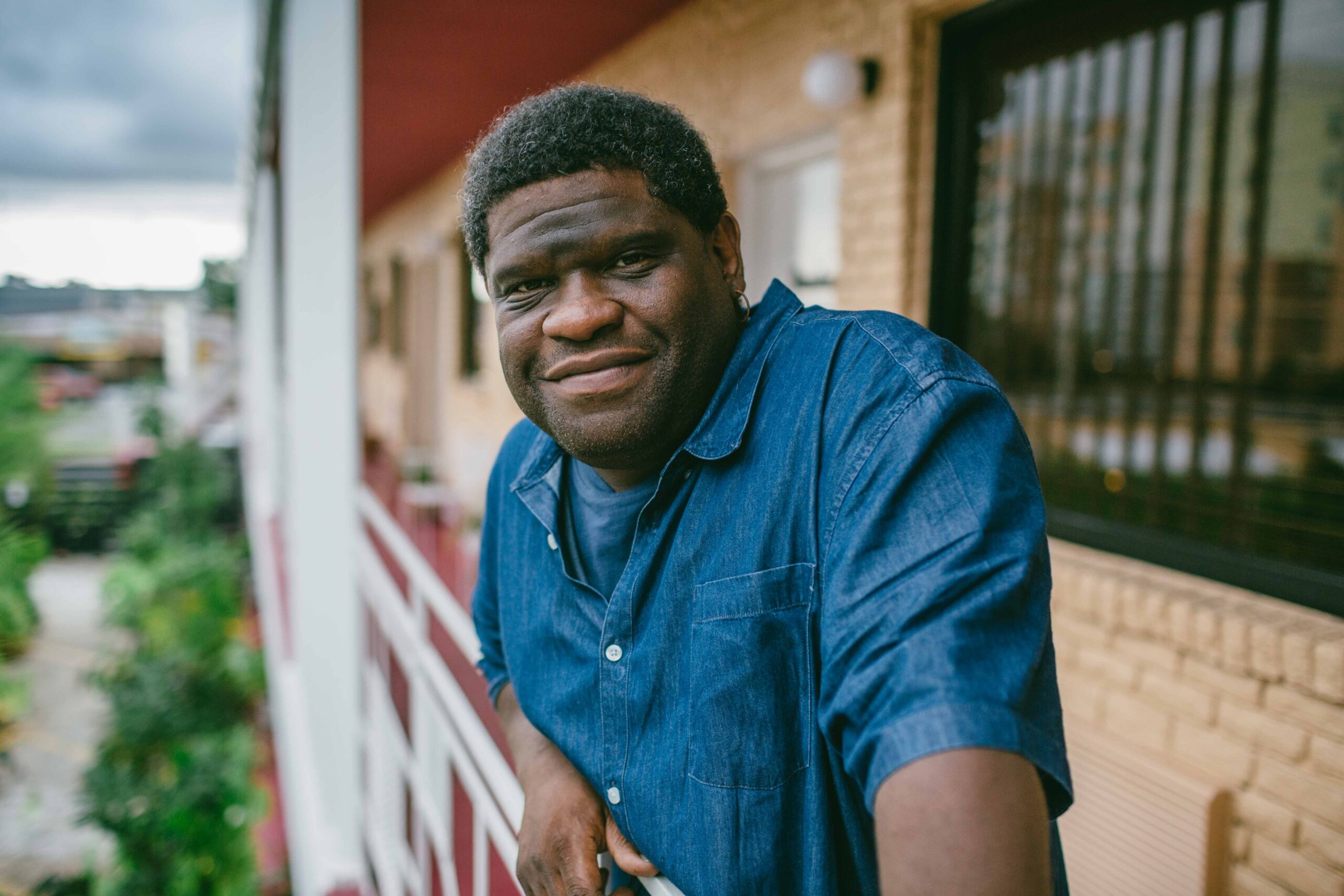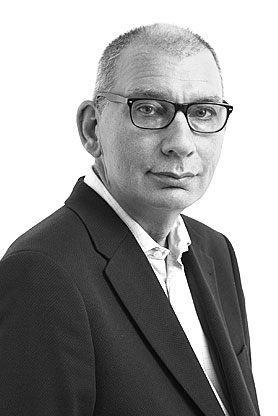Posted on April 7, 2021 by The Orwell Prize -

Tom McTague grew up in County Durham. His first job in journalism was at the Independent on Sunday, where he later returned as political editor. He’s a staff writer at The Atlantic and co-authored the 2017 election book, Betting the House. He lives in London with his wife and two children.
Posted on April 7, 2021 by The Orwell Prize -

Matthew d’Ancona is an Editor and Partner at Tortoise Media, and a columnist for the Evening Standard. He was Deputy Editor of The Sunday Telegraph before becoming editor of The Spectator in 2006. His latest book is Identity, Ignorance, Innovation (Hodder). He was elected a Fellow of All Souls College, Oxford, in 1989.
Posted on April 7, 2021 by The Orwell Prize -

Sarah Churchwell is Professor of American Literature and Chair of Public Understanding of the Humanities at the School of Advanced Study, University of London and a regular contributor to newspapers including the Guardian, New Statesman, Financial Times, Times Literary Supplement and New York Times Book Review. Her most recent book is Behold, America: A History of America First and the American Dream (2018).
Posted on April 7, 2021 by The Orwell Prize -

Jack Shenker is a London-based journalist who writes about how power works and how it gets subverted – particularly by those on the margins – as well as anything else that springs to mind. His latest book is ‘Now We Have Your Attention’, published by The Bodley Head and Vintage. www.jackshenker.net
Posted on April 7, 2021 by The Orwell Prize -

Gary Younge is an award-winning author, broadcaster and a professor of sociology at the University of Manchester in England. Formerly a columnist at The Guardian he is an editorial board member of the Nation magazine and the Alfred Knobler Fellow for Type Media. His book Another Day in the Death of America was shortlisted for The Orwell Prize for Books in 2018.
“Gary Younge examined the major themes of the past 12 months, covid-19 and racism, with the eloquence of an expert journalist and the depth of an academic. His analysis of George Floyd’s murder, the differential impact of the pandemic on Black and Asian communities, and the role of racism and inequalities brings sharp and original insights that, although delivered at the height of the crisis, remain undeniable today.” – Kamran Abbasi, Executive Editor of the BMJ
Posted on April 7, 2021 by The Orwell Prize -

Bellingcat is making open-source and data-driven investigations, that in recent years have uncovered multiple crimes and clandestine operations throughout the world. Our Russian probes are led by Christo Grozev, who alongside Aric Toler, Pieter van Huis, Roman Dobrokhotov and Yordan Tsalov, revealed Kremlin’s involvement in the Navalny poisoning, Russia’s Clandestine Chemical Weapons Programme and many assassinations conducted by the country’s security services.
Posted on April 9, 2020 by The Orwell Prize -

David Smith has been Economics Editor of The Sunday Times since 1989, where he writes a weekly column. He is also chief leader-writer, an assistant editor and policy adviser. He also writes columns for The Times and other publications.
Scottish Independence? Just do the sums – it’s 40 years too late for that
More Stoke on Trent than Singapore on Thames
Public support for nationalisation is part of the backlash against greed
David Smith’s writings were sharp and incisive: we were most impressed by how he managed the difficult feat of presenting complex economic issues in a style the layperson could understand.”
Posted on April 9, 2020 by The Orwell Prize -

Michela Wrong has spent more than 25 years writing about Africa. As a Reuters correspondent in Abidjan and then Kinshasa, she covered the turbulent events of the mid 1990s, including the fall of Mobutu Sese Seko and Rwanda’s genocide. She then moved to Nairobi, where she became Africa correspondent for the Financial Times. Her books include In the Footsteps of Mr Kurtz, I Didn’t Do it for You, It’s Our Turn to Eat and Borderlines, a novel set in the Horn. Now based in London, she is researching a non-fiction book on Rwanda.
“Rwanda’s Khashoggi: who killed the exiled spy chief?”
“Suspects in Rwandan spy chief’s death ‘linked to government'”
“South Africa asks Rwanda to hand over Karegeya murder suspects”
Posted on April 9, 2020 by The Orwell Prize -

Inside the Trial of Shamima Begum
Bring Me Home
Decoding Shamima Begum
Posted on April 9, 2020 by The Orwell Prize -

Why everyone is losing the Brexit war
The end of the liberal Tory
How Greta Thunberg became the new front in the Brexit culture war
Posted on April 9, 2020 by The Orwell Prize -

Show that you care in life, not just in death
Boris Johnson is fighting an undeclared election
Boris Johnson and Dominic Cummings believe their plan can still work
Posted on April 9, 2020 by The Orwell Prize -

Khaled Diab is a veteran journalist and writer. He contributes to leading publications around the world and is the author of two books: Islam for the Politically Incorrect (2017) and Intimate Enemies (2014). Khaled also recently started working for an environmental organisation.
Even ‘terrorists’ have the right to citizenship
The ayatollah, the novelist and the fatwa
Faith in education
Posted on April 9, 2020 by The Orwell Prize -

Nick Cohen is a columnist for the Observer, and writes for the Spectator, New European, Washington Post, Standpoint and many other publications. He is the author of five books, including What’s Left and You Can’t Read This Book.
Modern extremism: this time it’s personal
Europeans Lose Their British Home
Britain is a land of permanent crisis
Posted on April 9, 2020 by The Orwell Prize -

Zak’s muddy boots journalism is inspired by writers like George Orwell. He tries to shine a light on injustice by getting as close to the story as possible. Whether he’s investigating modern slavery in British businesses or deaths on the $15bn Istanbul Airport project.
Life ‘in the cemetery’ – Uncovering Istanbul Airport’s dirty secrets
Slavery in the supply chain: A CN investigation
Carillion’s silent victims: The dangers of speaking out
Posted on April 9, 2020 by The Orwell Prize -

Peter Foster is currently the Public Policy Editor at the Financial Times. Previously he was Europe Editor at The Daily Telegraph where he covered the Brexit negotiations from both sides of The Channel. He returned to London in 2015 after more than a decade spent as a foreign correspondent covering South Asia, China and the United States.
No-deal Brexit looms as leak reveals Dominic Cummings considers EU negotiations a ‘sham’
The fevered weeks which sealed an ‘impossible’ deal
‘Stunned off my sun lounger’
Peter Foster’s writings on Brexit, the great issue of our day, were insightful. We were struck most by the way they were written against the grain, avoiding the ideologically driven, hackneyed reporting the issue generated in so much of the media. His threads on Twitter were among the most insightful use of journalism’s newest tool.”
Posted on April 9, 2020 by The Orwell Prize -

Peter Oborne is a former political commentator of the Spectator, the Daily Telegraph and Daily Mail. He now writes about politics for Open Democracy and Middle East Eye. He is the author of The Triumph of the Political Class, and The Rise of Political Lying as well as a biography of the cricket Basil D’Oliveira.
I was a strong Brexiteer: Now we must swallow our pride and think again
British Journalists have become part of Johnson’s fake news
As a lifelong Conservative, here’s why I can’t vote for Boris Johnson
Peter Oborne clearly and honestly articulated his own rethink on Brexit. Elegantly, yet with strong feeling, he set out the painful reasoning process that led him to shift from support to opposition and what he saw as the failures of integrity and leadership behind his change of heart.”
Posted on April 9, 2020 by The Orwell Prize -

Aditya Chakrabortty is senior economics commentator for the Guardian, where he writes a regular column and reports from around Britain and the world. In December 2017, he won the British Journalism Award for Comment Journalist of the year. His work has also won a Social Policy Association award, a Harold Wincott prize for Business Journalism and has been a finalist for an Orwell Prize on several occasions. He is a regular broadcaster on radio and television and tweets @chakrabortty.
A children’s book about food banks is a grim sign of our failure as a society
On the doorstep, Labour faces the question: who do you speak for?
Integrate, migrants are told. But can they ever be good enough for the likes of Blair?
Orwell would have recognised and appreciated the way Aditya Chakrabortty brings together the personal and political, from an anguished article criticising a society in which children’s books must explain poverty, to an insightful article looking at racism in Britain through the story of his own mother, who arrived from India as a bright young woman with an inquiring mind, wearing a sari.”
Posted on April 9, 2020 by The Orwell Prize -

Matthew Parris is a former MP and a prize winning author, columnist and broadcaster. He currently writes columns for The Times and the Spectator as well as presenting the BBC Radio 4 biographical programme Great Lives. He was named Political Journalist of the Year at the Press Awards 2015.
Few dare say it but knife crime is a fashion
We shouldn’t take such offence at prejudice
All ages are gullible – including our own

















